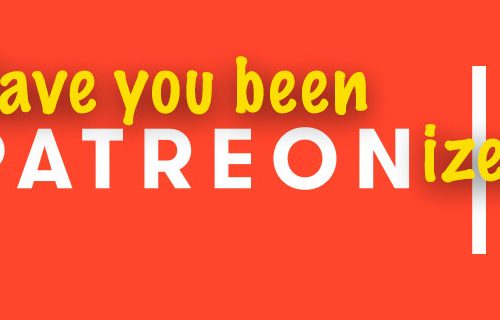Cross-posted from James Bloodworth at Obliged to Offend

For obvious reasons almost every political person believes that in the past his or her faction was correct on the major questions of the day. Obvious because this is at least part of the reason why they subscribe to that political affiliation in the first place – they believe their side will be right again in the future. So for conservatives while empire was unquestionably brutal, historically it was responsible for the establishment of democracy amongst the people it ruled over. On the Left a major source of pride was the struggle against Hitlerian fascism, which, were to you listen to today’s socialists and social democrats, united the Left around a common purpose and against a universal foe.
The problem in looking at history through this lens, however, is that it often glosses over divisions which plagued each side at the time. Not all conservatives were supporters of empire for example. Some opposed it vociferously. Nor in reality was the political Left united against Fascism. In his expansive essay The Lion and the Unicorn, George Orwell lambasted the silly-clever arguments trotted out by certain fellow leftists, who sneered at the prospect of lining up alongside their countrymen even if it meant losing the war to the Nazis:
“They will proceed to argue that, after all, democracy is ‘just the same as’ or ‘just as bad as’ totalitarianism. There is not much freedom of speech in England; therefore there is no more than exists in Germany. To be on the dole is a horrible experience; therefore it is no worse to be in the torture-chambers of the Gestapo. In general, two blacks make a white, half a loaf is the same as no bread.”
Today Salman Rushdie is the cause célèbre. An argument repeated in recent weeks has been one which talks up the virtue of The Satanic Verses in comparison to the controversial film Innocence of Muslims. While the film is a “provocation” that “goes too far”, The Satanic Verses was different. Of course, in aesthetic terms anything by Salman Rushdie is invariably better than Innocence of Muslims – a film which, were it not for the manufactured “outrage” that has brought it so much publicity, would fail even to make the low grade of a passable YouTube production. However liberals were not as united in 1989 as many retrospective accounts make out.
While many writers (and many Muslims) at the time publicly defended Salman Rushdie’s right to free expression, some in the West were unwilling to offer Rushdie their solidarity out of a misguided attempt to “understand” the sorts of people who do not need to read books to burn them. One of those was feminist author Germaine Greer, who refused to sign a petition supporting The Satanic Verses because she said it was “about his [Rushdie’s] own troubles”. She added that Rushdie was “a megalomaniac, an Englishman with a dark skin” (no shame in that, you might think). In a March 1989 Op-Ed for The New York Times entitled “Rushdie’s Book is an Insult,” former US President Jimmy Carter argued that, while Rushdie’s First Amendment freedoms were “important”, “we have tended to promote him and his book with little acknowledgment that it is a direct insult to those millions of Muslims whose sacred beliefs have been violated”. Others such as Iqbal Sacranie, the future head of the Muslim Council of Britain who was later knighted by the Blair government for services to community relations, went further, and said that death was “perhaps a bit too easy” for Rushdie.
There were countless other examples too, most not as extreme as Sacranie (although the Tory historian Hugh Trevor-Roper came close), but all implying that Rushdie himself was in some way to blame for his predicament.
Since the Fatwa, protecting the sensitivities of religious believers has become more appealing to progressives in Britain as we have become an increasingly multicultural society. And the sentiment is a laudable one. As the editor of Middle East Quarterly, Daniel Easterman, himself a former lecturer in Islamic Studies, puts it: “[A blasphemy law] is superficially attractive, carrying as it does heavy overtones of liberalisation, a promise of widening tolerance in a multicultural but divided society.”
Yet all too often those who reject the premise of an open society get a hearing as soon as they utter the words “I am offended”. As well as it being reasonable for the West to demand that its democratic traditions are respected by other nations, extending tolerance to the point where free expression is corroded does a disservice to the many immigrants who come here out of admiration for such ideas. One of the most depressing things about the struggle between absolutism and democracy, the late Christopher Hitchens wrote, is that “so many of the best lack all conviction, hesitating to defend the society that makes their existence possible, while the worst are full to the brim and boiling over with murderous exaltation”.
Today everyone wants to flatter Salman Rushdie. It was not always like that. In 1989 many who had enjoyed the fruits of free expression more than most could not bring themselves to assuredly defend it. Oh how much easier it is to be on the correct side of history when events are in the distant past. Much harder to recognise that the struggle for free expression is an ongoing one, and that to stand up for it is to stand firm even when it is buffoons like Nakoula Basseley Nakoula, rather than literary men and women, who are testing its limits.


